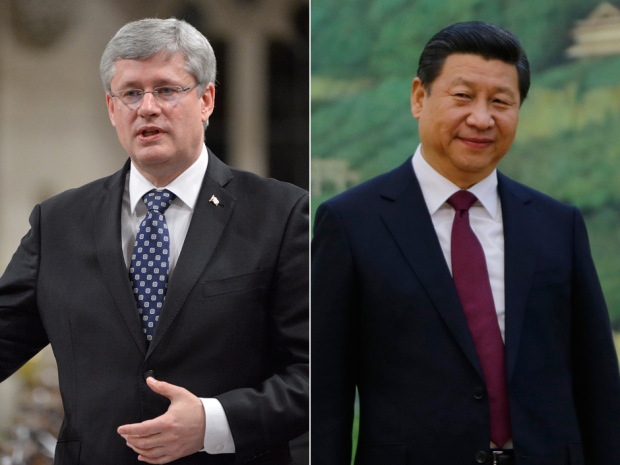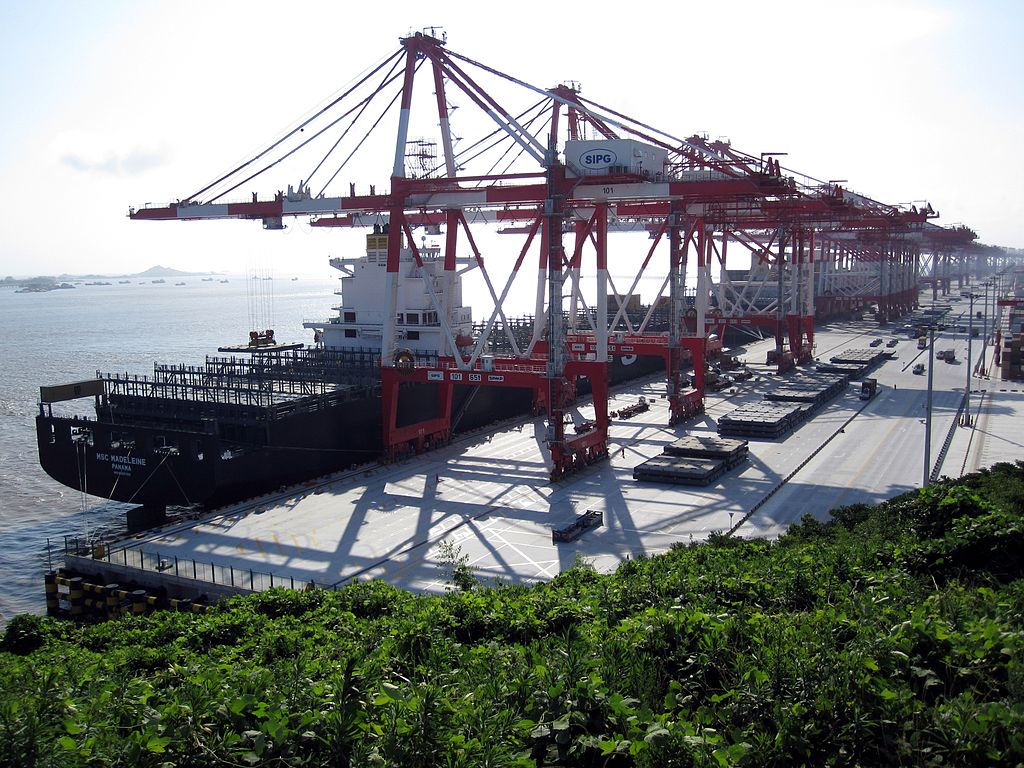Globalization is the process of interrelating and integrating people, ideas, companies, and governments across the world. Globalization efforts are sustained by free moving trade, high levels of investment and labour migration among nations. Since 1950, the volume of world trade has gone up twenty times and foreign investment doubled to $827 billion. Subsequently, living standards around the world improved as more people had more disposable income to fuel the economy. Consumers also benefitted from the falling prices of goods and services, resulting in increased demand for suppliers. However, this globalization trend has been decelerating in the past few years. Since 2012, global trade has been growing at a rate of 3% which is less than half of its average rate in the past three decades. The World Trade Organization is predicting that world trade growth rates will drop to 1.7% this year; the lowest in 60 years. Along with trade, foreign investments and bank investment rates have also dipped. Kristin Forbes, an esteemed economist, said “It is time to stop talking about globalization and rethink the assumption that global financial integration is an unstoppable trend. This deglobalization of banking will have widespread repercussions.”
Countries like Singapore, which rely on exports as 186% of GDP, experienced an economic decline of 17% in 2008. Similarly, Germany and Japan are shrinking by approximately 2.5% because of the lowering demand for their cars and technology which in turn slows down innovation rates in some of the most technologically advanced nations. De-globalisation, also takes away tourism revenues from countries that developed through tourist travel during the economic boom. The tourism rates fell 5% every year for the past four years in countries like the Caribbean. De-globalisation also increases the risks of international conflict around the world perpetuated by raised tensions between countries. Countries in Asia are faced with increased insecurities posing problems in political and economic realms and companies outsourced in China might be inclined to move manufacturing to other, more local, places where there is no physical threat to business ventures.
Deglobalization is a result of many trends that affect world economies. First, countries have moved away from trade liberalization towards increased trade protectionism. Since 1985, world reduction in tariffs has gone from 1% per year to a stagnation due to increased concern for local businesses. The Center for Economic Policy has claimed in its analysis that the wealthiest nations have implemented 23% more protectionist measures in 2013 than in 2009 in order to give local businesses a competitive advantage. Japan and Europe, still recovering from 2008-2009 economic crisis, have implemented protectionist schemes in an attempt to decrease dependency on foreign investment as a large part of their GDP when demand for their exports are experiencing a slowdown. This however, harms trade patterns between nations, reducing import and export rates. It also reduces the variety of goods available for consumers while encouraging monopolistic competition in local markets, which gives power to local businessmen to increase the prices of goods and services, reducing overall demand.
Recent concerns in politics give rise to concerns of de-globalization as well. The recent Brexit policy is being described as the biggest global risk of 2016 because of its negative ramifications on trade and investment. Brexit is also said to give rise to higher tariffs and quotas that will have an impact on British business as well as on the rest of the world. New trade agreements will have to be made to identify what trade relationships UK will share with the rest of the EU. This is creating potential policy changes that may affect the way business operates and slow down the process of globalization.
Countries are also finding that low migration rates are also a result of de-globalization. As countries are experiencing higher levels of inequality and unemployment levels, citizens and governments are more against migration because it takes away opportunities for locals. The Financial Times data collected by the United Nations claims that “a million fewer people a year [are] moving to another country on average [every year] after 2010.” This further reduces the free movement of goods and people.
Moreover, people around the world are not expecting an increasing inflation rate due to the slowdown in economies around the world. This causes the real interest rates to inflate, tightening the monetary policy. Central bankers, in this case, will be forced to respond with manual decreases in interest rates in order to stabilize the economy by putting money back into consumer pockets. However, in most developing countries, interest rates are already reaching alarmingly low rates- close to zero- which doesn’t leave too much room for policy makers to reduce interest rates any further. This disorients bank business models, resulting in a restricted supply of credit or the rise in loan rates.
The de-globalization trend will bring with it long term damage, hinder economic growth and slowdown innovation if not nipped in the bud. In order to reverse the effects, countries need to increase investment rates in and outside their nation, thus boosting demand in the nation, feeding more money into the economy. Furthermore, removing trade barriers such as tariffs and quotas, and encouraging the free movement of goods and people would also be another way that governments could assist trade in the world economy. This way, countries are able to promote healthy market competition.
Photo: “Economy” (2016), by NY via The Blue Diamond Gallery. Licensed under CC by SA 3.0.
Disclaimer: Any views or opinions expressed in articles are solely those of the authors and do not necessarily represent the views of the NATO Association of Canada.




